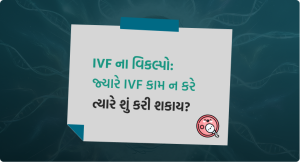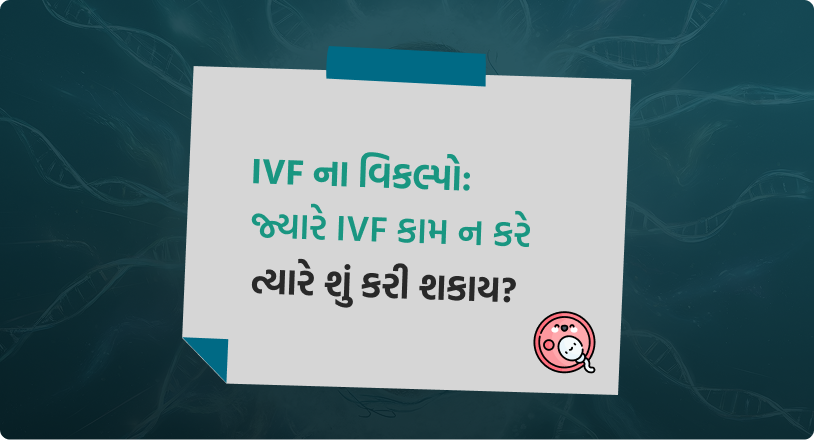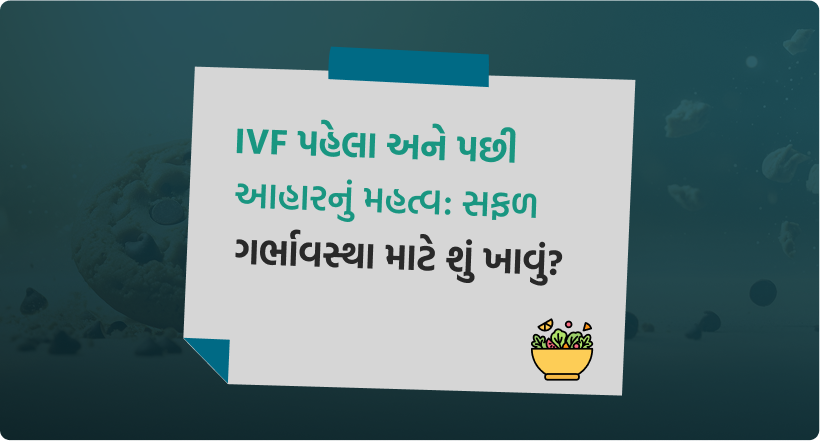There are so many health-related problems that people are facing worldwide. Infertility or the inability of giving birth to a baby is also a health-related problem. However, there were so many reasons behind this issue. Later came the solution for this trouble. In-vitro fertilization is a complex process that helps people with fertility by conceiving a child, preventing genetic disorders. Embryo donation is also a process that helps people resolve their problems of child conception. So, please pick up the threads of reading to know more about embryo donation.
What is the Embryo Donation Process?
In the practice of in-vitro fertilization (IVF), there are few women who have a higher count of fertilized eggs or embryos more than that is needed. On the other hand, there are also a few women who have a lower count of fertilized eggs or embryos than what is required. These extra embryos are frozen and maintained or cryopreserved. With the patient’s permission, these embryos can be either transferred to labs for research works. It can also be donated to women, which can help them with baby conception called embryo donation. These frozen embryos can also be discarded if the women prefer it this way. There are certain women who choose to discard the eggs, and another set of women donate them for good.
To whom are these donated embryos helpful?
The donated embryos can be of greater help for women who have problems with baby conception. This can be due to the genetic issue in one of the partners or infertility in one of the partners. There are also few problems where recurring pregnancy loss happens to few women. Or, there can also be infertility in both the partners that is untreatable. In these situations, embryo donation helps the partners for baby conception and a happy, bright future.
Will the Donated Embryos be Tested?
Not just the embryo, sperms but also the tissues that are being donated will be tested by Food and Drug Administration (FDA) under certain rules, regulations and guidelines. Most the people prefer the embryos to be utilized by the people who created them, but upon donation, there are strict FDA rules that have to be followed. As long the recipients are aware of the effects and other details, the embryos can be donated to the recipients. The donors are tested for any infectious diseases such as HIV, syphilis, hepatitis etc., and a detailed medical history is collected from the donors. The recipients are warned about the donor’s uninterest in testing.
The evaluation of recipients
The donors are tested similar to all the other IVF patients by collecting their blood samples, blood type, Rh factor and other histories of medical reports of both the partners. They are also tested for communicable diseases such as hepatitis, gonorrhoea, HIV and other sexually transmitted diseases. The recipients are taken into counselling so that they are being given the best advice. Letting them know about all the complexities will help them know about the treatment with a broader mindset. This will help them in handling the pre and post pressure of the treatment. The recipient is also tested so that doctors get medical confirmation about their stability. If the patient cannot further proceed with the treatment, then it is riskier to operate them.
Thus, all the medical precautions and counselling sessions are being considered and conducted for both the donors and the recipients. This helps them have a clear picture of what they are doing and why they are doing it.
If you are looking for the best IVF centers that are professionals and can handle every step of these processes with proper care, please check out Candor IVF Center who can help you with latest treatments.







